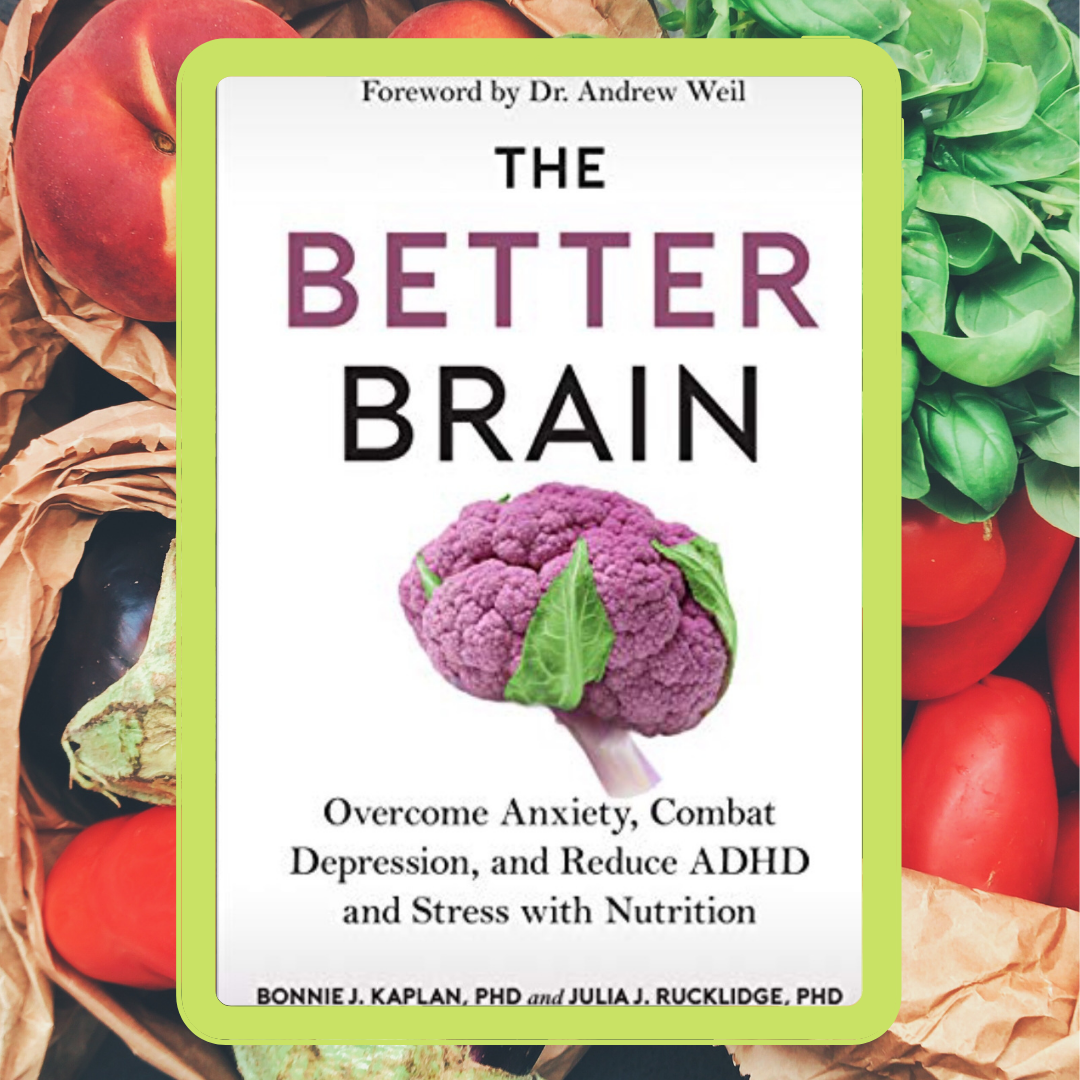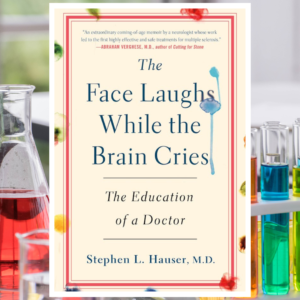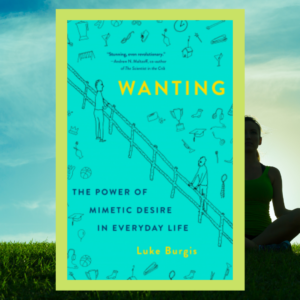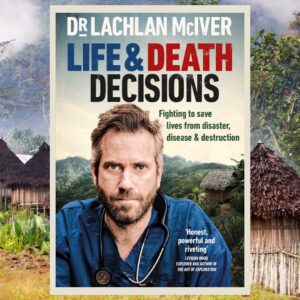⭐️⭐️⭐️⭐️ 1/2
This book was written (and exhaustively researched) by two PHDs at the University of Calgary, one a Professor of Medicine and the other a Clinical Psychologist.
What a terrific read!
The premise of the book is simple – the authors, experts in their field and blindingly aware of both the rising rates of diagnosis and the failures of modern medicine to effectively treat the most debilitating chronic mental illnesses – including depression, schizophrenia, ADHD, PTSD and other anxiety disorders – have laid out a comprehensive and beautifully articulated proposal for a new and “radical” treatment approach.
The premise for the approach is that mental health all comes down to what and how you feed your brain.
(This premise makes such profound sense that the fact that it would be considered radical surprises me, but more on this coming up below)
We have long been aware that our cardiovascular health is inextricably tied to our diet. Making the leap to our brains, and the transformative power of nutrition to build and maintain brain health, which underlies mental health, should not, after all, be that radical. But as the authors strip it all down to its barest roots for us the potential of this concept is dazzling: when we eat, we are primarily feeding our brains. Every minute our blood delivers the nutrients we have circulating directly to our brain, in this way immediately and continuously affecting “how we see, smell, hear, taste, feel, think, learn, remember, process, and create.”
As the authors explain, the elephant in the room, the reason this treatment proposal continues to meet with resistance and is dismissed out of hand by most traditional psychiatric practitioners, is that the current state of medical treatment for these disorders is pretty much completely pharmaceutical-based. We are beholden to a medical industry, and a conditioned culture, funded and dominated by a “pop a pill” narrative.
But change has to start somewhere, and with painstakingly beautiful detail, the authors provide their supporting research and lay out the indisputable facts, – our brain metabolism, our gut microbiome, the way our genes are expressed, our resilience to trauma and stress, our ability to recover from toxins as well as to repair brain cell damage – all of these processes are chemistry and biology based, driven by equations linking chains of compounds created and then transforming other compounds, all of them dependent on input from available and high-quality raw material (or enzymatic cofactors) that must enter our bodies in the form of nutrients.
Brick by brick, the authors build a rock-solid case that is compelling, as well as fascinating – how and what we eat and the resulting nutrients we metabolize will orchestrate healthy and high-functioning brains, or, on the other hand, can result in the development of physical brain deficits, which can underlie mental illness.
This is a wonderful book and it’s impossible not to have your mind spin in reading it, the premise so exciting. The content is incredibly rich, and the authors do a great job explaining brain metabolism, the stress response, DNA methylation and other secrets of the brain in language that is educational but not imposing for the lay person.
The authors finish with detailed material forming a go-forward guide to eating well for healthy brains, including recipes and a recommended eating plan (based on the Mediterranean diet), as well as regimen of nutritional supplements for the very ill.
(Note: I do have a concern regarding the nutritional supplemental products which are mentioned by name. Although the authors are quick to note that they have no financial ties to any of these products, I am naturally on high alert when commercial products of any sort are recommended in scientific literature.)
A big thank you to NetGalley, the publisher, and the authors for an advance review copy of this incredibly interesting and valuable book in exchange for an honest review. All thoughts presented are my own.



